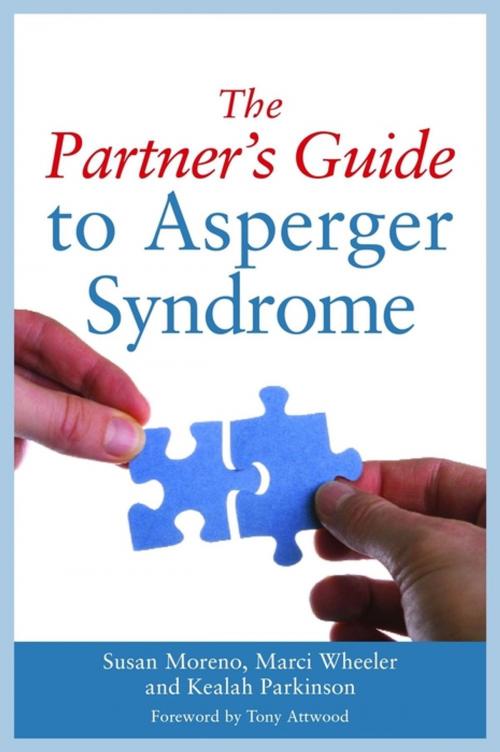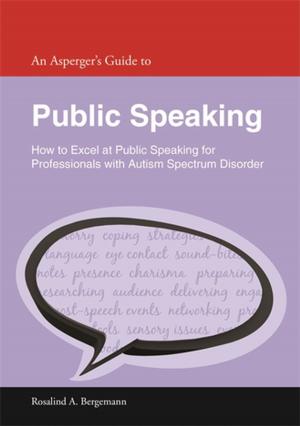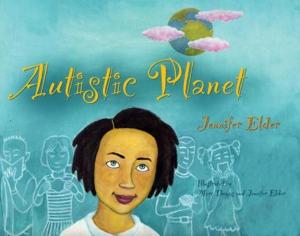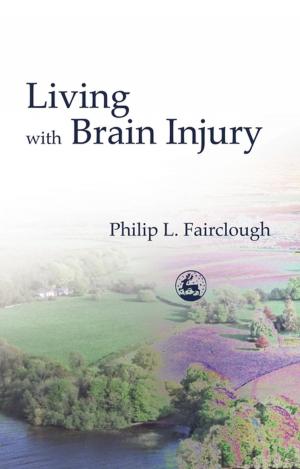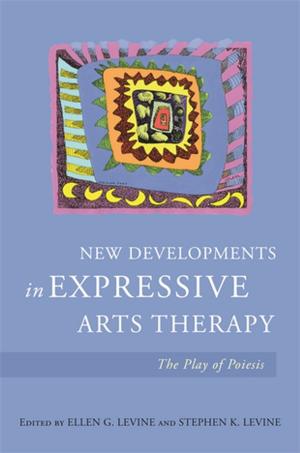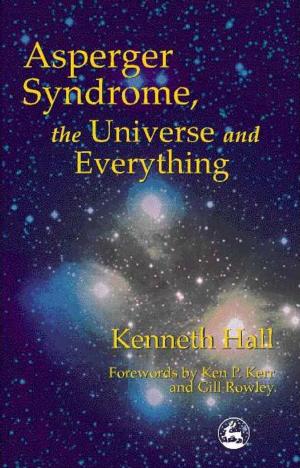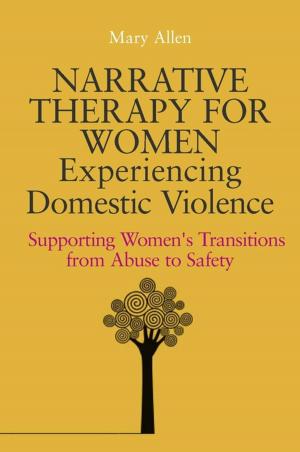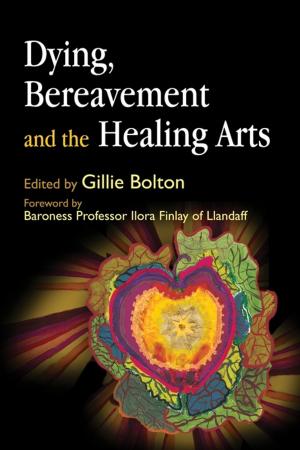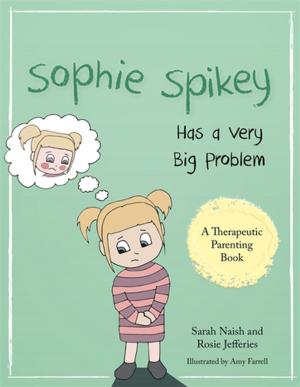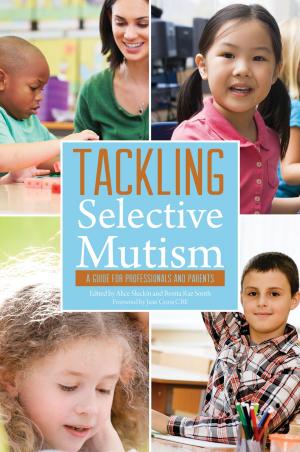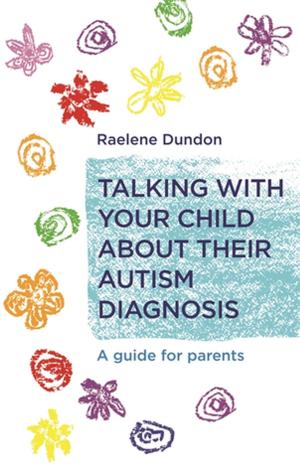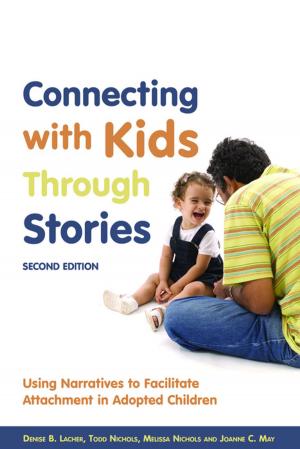The Partner's Guide to Asperger Syndrome
Nonfiction, Family & Relationships, Relationships, Marriage, Health & Well Being, Psychology, Mental Health| Author: | Marci Wheeler, Susan J. Moreno, Keelah Parkinson | ISBN: | 9780857005663 |
| Publisher: | Jessica Kingsley Publishers | Publication: | December 15, 2011 |
| Imprint: | Jessica Kingsley Publishers | Language: | English |
| Author: | Marci Wheeler, Susan J. Moreno, Keelah Parkinson |
| ISBN: | 9780857005663 |
| Publisher: | Jessica Kingsley Publishers |
| Publication: | December 15, 2011 |
| Imprint: | Jessica Kingsley Publishers |
| Language: | English |
Adults with Asperger Syndrome (AS) often have difficulties acquiring relationship skills due to the defining characteristics of the syndrome, experiences with peers during childhood and adolescence, and the expectations of their partners. However, an increasing number do go on to achieve happy and successful long-term relationships with non-spectrum (NS) partners. This supportive book will give NS partners a better understanding of NS/AS relationships, and of what other NS partners have found to be helpful in terms of better understanding themselves and their partners, and enriching their relationships. Drawing on interviews with over 100 people in NS/AS relationships, as well as on their own experiences of having family members on the autism spectrum, the authors explore the key differences which may impact upon AS/NS relationships, such as communication, social skills, and sensory issues, and offer tried-and-tested advice on how to surmount difficulties and make things work. The book includes chapters on coping with stress and meltdowns, parenting, positive AS qualities and how to use them to their full advantage in a relationship, as well as advice on how the NS partner can ensure that their own needs are met. This book will provide support and encouragement to those in a relationship with someone who has been diagnosed with AS, or who is suspected of having AS, and will also be a useful resource for counsellors and other professionals who wish to deepen their understanding of AS/NS relationships.
Adults with Asperger Syndrome (AS) often have difficulties acquiring relationship skills due to the defining characteristics of the syndrome, experiences with peers during childhood and adolescence, and the expectations of their partners. However, an increasing number do go on to achieve happy and successful long-term relationships with non-spectrum (NS) partners. This supportive book will give NS partners a better understanding of NS/AS relationships, and of what other NS partners have found to be helpful in terms of better understanding themselves and their partners, and enriching their relationships. Drawing on interviews with over 100 people in NS/AS relationships, as well as on their own experiences of having family members on the autism spectrum, the authors explore the key differences which may impact upon AS/NS relationships, such as communication, social skills, and sensory issues, and offer tried-and-tested advice on how to surmount difficulties and make things work. The book includes chapters on coping with stress and meltdowns, parenting, positive AS qualities and how to use them to their full advantage in a relationship, as well as advice on how the NS partner can ensure that their own needs are met. This book will provide support and encouragement to those in a relationship with someone who has been diagnosed with AS, or who is suspected of having AS, and will also be a useful resource for counsellors and other professionals who wish to deepen their understanding of AS/NS relationships.
